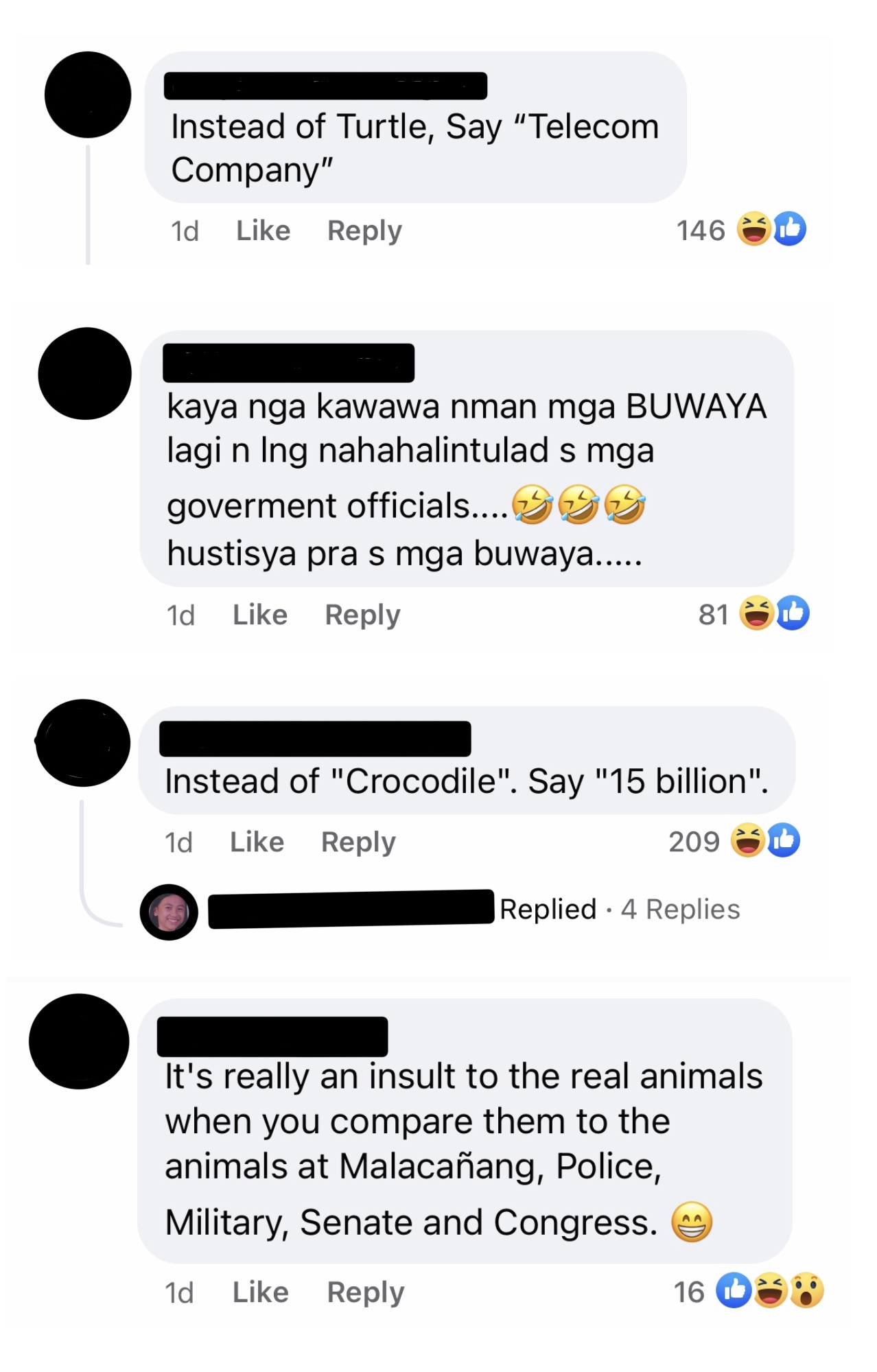PETA’s posts on ‘speciesism’ spark mixed reactions on social media
Ever called someone a snake for being deceitful? A pig for being unpleasant?
For the People for the Ethical Treatment of Animals (PETA), it needs to stop. This is because doing so fuels “speciesism,” which was described by the animal rights group as “a human supremacist attitude that slights, insults, and degrades other animals.”
Even trusted resources are essential in making this world a more beautiful place to live in—one that has “a more compassionate view of other species,” according to PETA, and this includes Merriam-Webster, Dictionary.com, The American Heritage Dictionary, Collins English Dictionary, Oxford English Dictionary, and WordReference.com.
Hence, they’re “urging such resources to remove harmful definitions, like Merriam-Webster’s pig (“a dirty, gluttonous, or repulsive person”), snake (“a worthless or treacherous fellow”), and dog (“a worthless or contemptible person”).”
Animal-related slurs used to debase humans reinforce inaccurate & harmful characterizations of animals.
— PETA (@peta) January 28, 2021
PETA is asking @MerriamWebster, @Dictionarycom, & others to help combat speciesism & reduce animal abuse by removing derogatory definitions of pigs, snakes, & dogs. pic.twitter.com/w9KXoTk0vl
They continued on to declare that bullying and violence can likewise happen to animals and it shouldn’t be normalized, stressing how people’s words may hold a lot of power. “While dictionaries are in a unique position to combat speciesism, everyone can reject mischaracterizations of animals and reflect upon their talents, communication abilities, social skills, and more,” they said.
Words can create a more inclusive world, or perpetuate oppression.
— PETA (@peta) January 26, 2021
Calling someone an animal as an insult reinforces the myth that humans are superior to other animals & justified in violating them.
Stand up for justice by rejecting supremacist language. pic.twitter.com/HFmMWDcc5A
The better way to do it is to use terms like “as loyal as a goose,” “as protective as a pigeon,” “as flexible as an octopus,” as clever as a mouse,” or “as playful as a pig” as these are more apt and accurate, added PETA.
The organization’s posts sparked mixed reactions on social media.
A Twitter user expressed her support for their statement, saying, “I reject #speciesism. I am #vegan. I have no need to harm and kill animals and so I don’t, and instead #ChooseLove.”
For another netizen, it’s important to respect all living beings. “Humans should develop respect for all animals and understanding of suffering they create for so many of them,” he wrote. “It’s absurd to protect cats and dogs from harm and inflict life-long torture and death on animals we consume.”
Meanwhile, someone argued, “Animals aren’t oppressed by those words because they don’t understand our language. And have no concept of words and their meaning.”
Another one even called it “the stupidest tweet of 2021 and it’s only been 4 weeks. A true achievement.”
A veterinarian tweeted, “Look, I’m a veterinarian who deals with animal cruelty for a living and even I think this is ridiculous to the point of being hilarious.”
Some Filipinos also poked fun at the matter, connecting it to various issues in the Philippines such as slow internet and government corruption.

What do you think of PETA’s statement? Share it with us in the comments!
Article thumbnails from PETA


